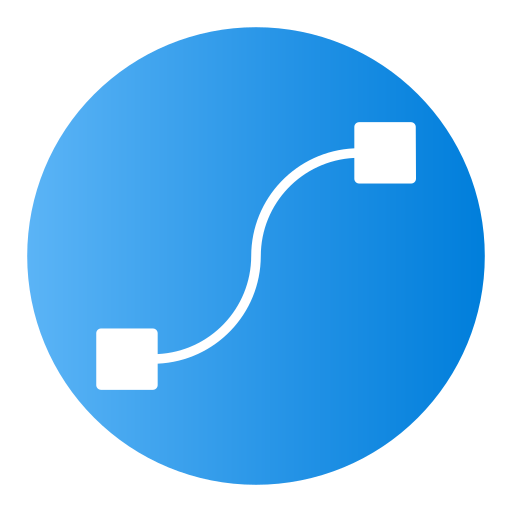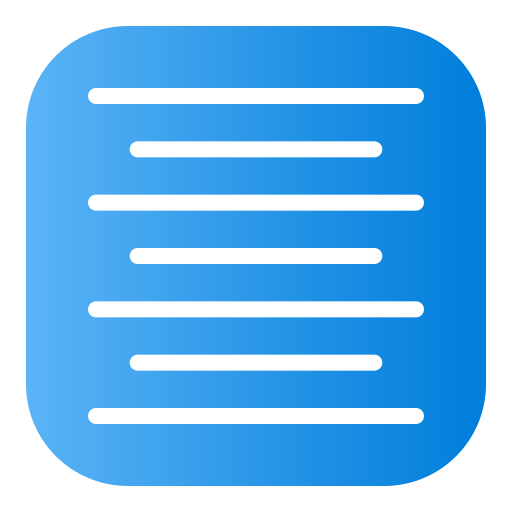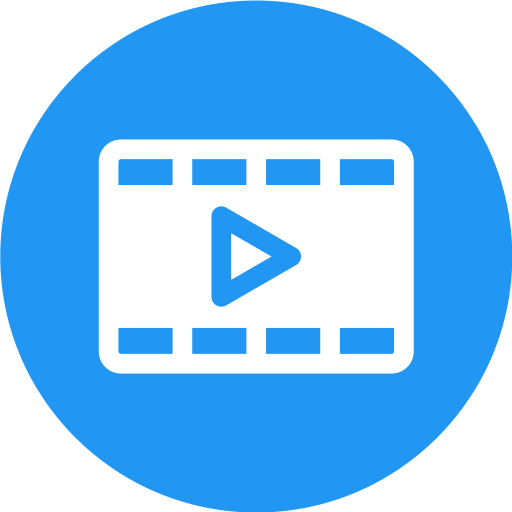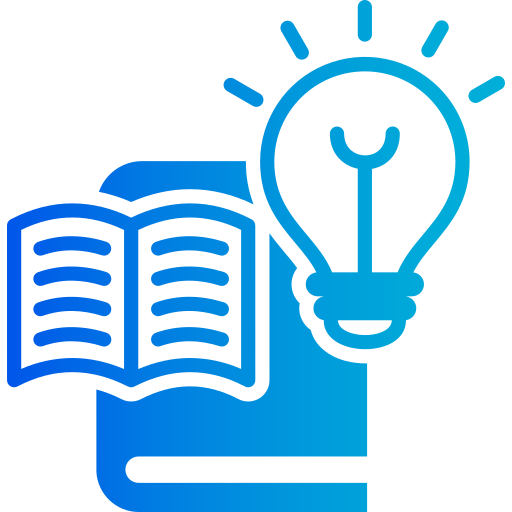This training outlines various freely available discovery tools and platforms to locate theses and dissertations, freely available journal articles, books, images, newspapers, statistics and datasets, patents, etc.
 By the end of this training, learners should:
By the end of this training, learners should:
- Be familiar with various discovery platforms and subject repositories to locate content in open access and know their functionalities.
- Know how to find open access versions of publications.
 Training Outline:
Training Outline:
- Disciplinary/subject repositories such as PubMed Central and Europe PMC (Biomedical and Life Sciences), arXiv (Physics, Mathematics, Computer Sciences, Quantitative Biology, Quantitative Finance, Statistics, Electrical Engineering and Systems Science, and Economics), Humanities Commons (Humanities), etc.
- Discovery platforms to locate theses and dissertations, freely available journal articles, books, images, newspapers, statistics, datasets, such as BASE, CORE, OATD, OpenAIRE Explore, GoTRIPLE, re3data, The Lens, OpenAlex, Matilda.
- Using AI based literature review tools (e.g. ResearchRabbit): potential and limitations.
- Websites to find images, such as Wikimedia Commons, Pixabay, etc.
- Browser extensions to find open access articles, such Unpaywall, Google Scholar Button, CORE Discovery, EndNoteClick; using Zotero to find open access articles thanks to integration with Unpaywall.
Resources for facilitators and learners
 Videos, online tutorials:
Videos, online tutorials:
- “Open Resources to Discover”, Series Passport: An Introduction to Open Science, Ouvrir La Science.
- “A Total Beginners Guide to Research Rabbit // How to Find Relevant Research Articles”, Science Grad School Coach.
- “CORE Content and Discovery”, CORE.
- “ExplORe Series: Introduction to OpenAlex (Open-Source Scholarly Database)”, University of Aberdeen.
- Didier Torny, “Matilda Short Tutorial”.
- “AI-Driven Search Engines: A Comparative Study”, SLA Europe.
- “Using Unpaywall to Find Open Access Scholarly Articles Online”, Bentley University Library.
 Examples of presentations, practical exercises, guides and tip sheets:
Examples of presentations, practical exercises, guides and tip sheets:
- Sample Exercises for practising BASE, Registry of Research Data Repositories and the Creative Commons Image Portal [download]
- “How can I get access to the article I need”, EIFL clickable tip sheet.
- “Searching for Information: A Practical Guide: AI Tools”, Skills Guides, University of York.
- Aaron Tay, “List of Academic Search Engines That Use Large Language Models for Generative Answers Using Retrieval Augmented Generation (RAG)”, Aaron Tay’s Musings about Librarianship.
